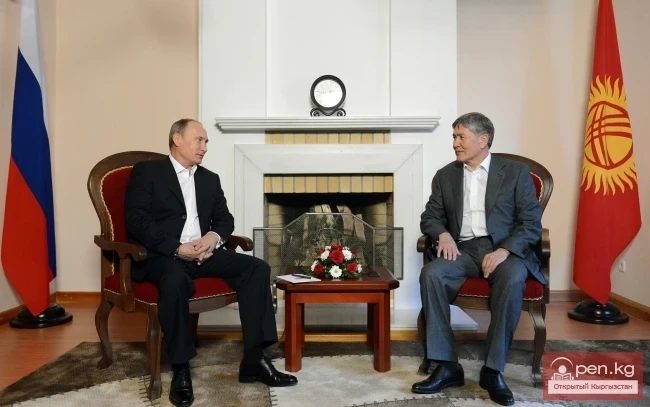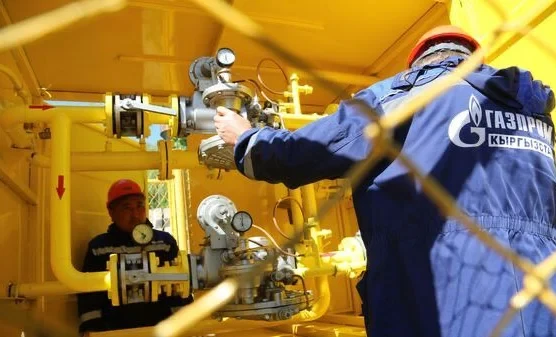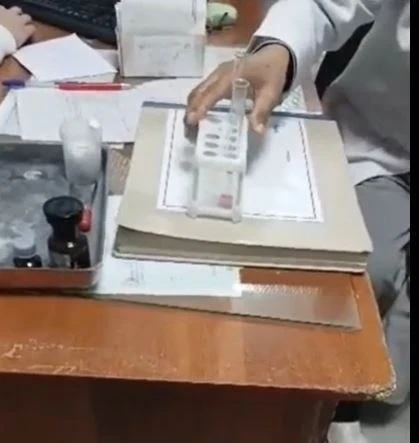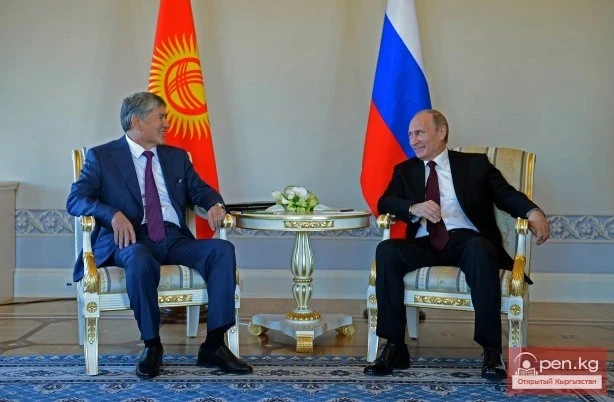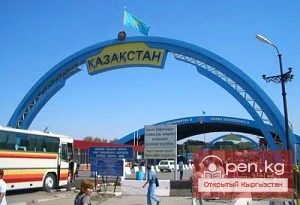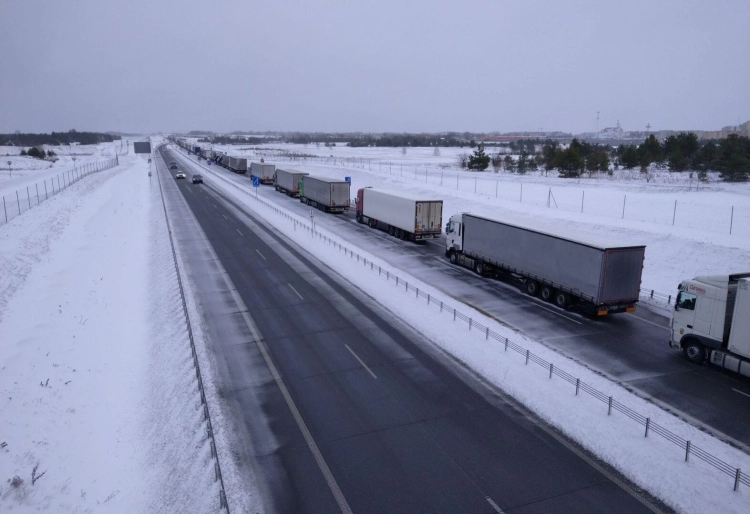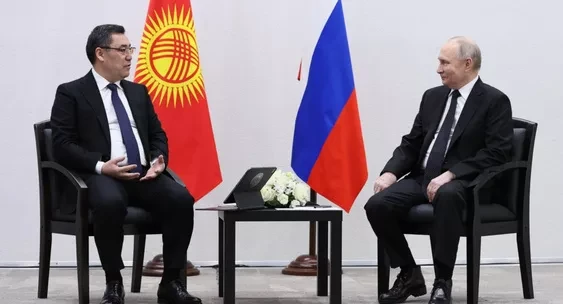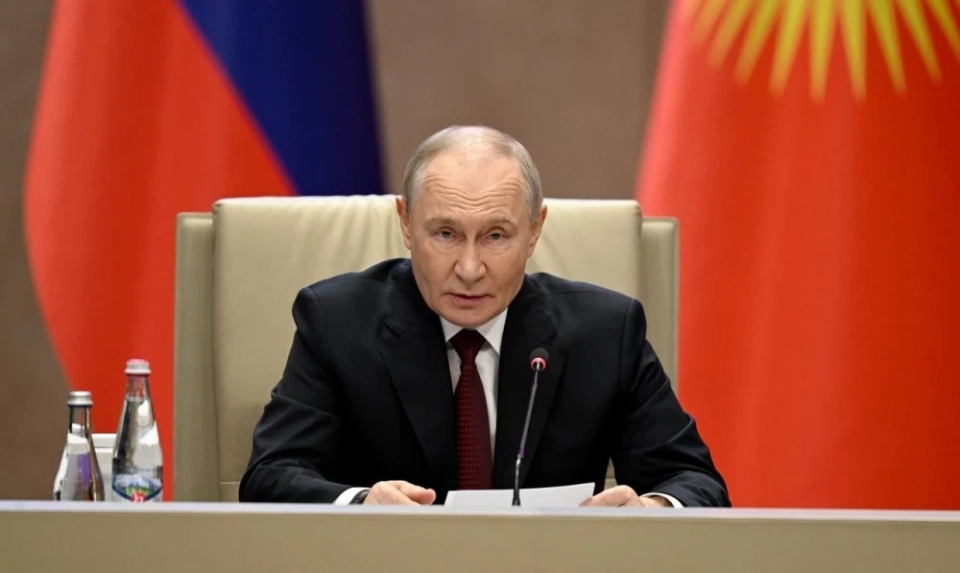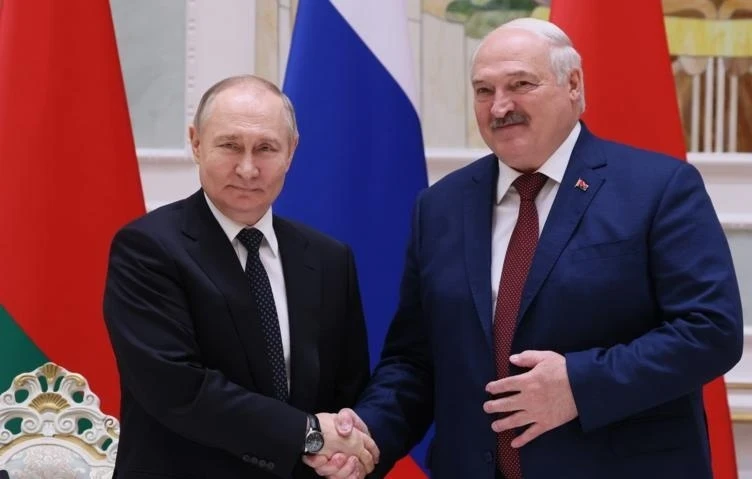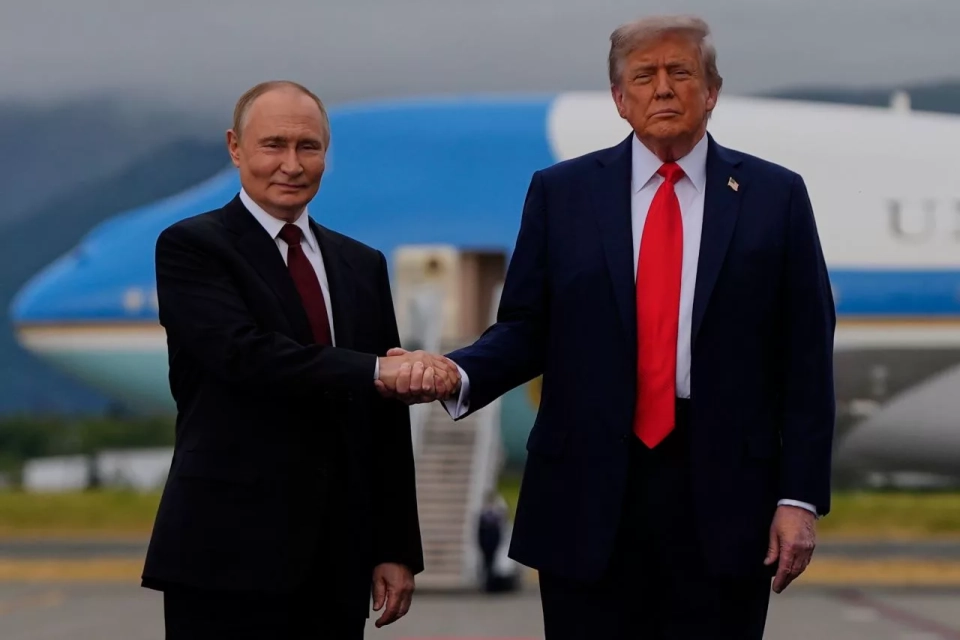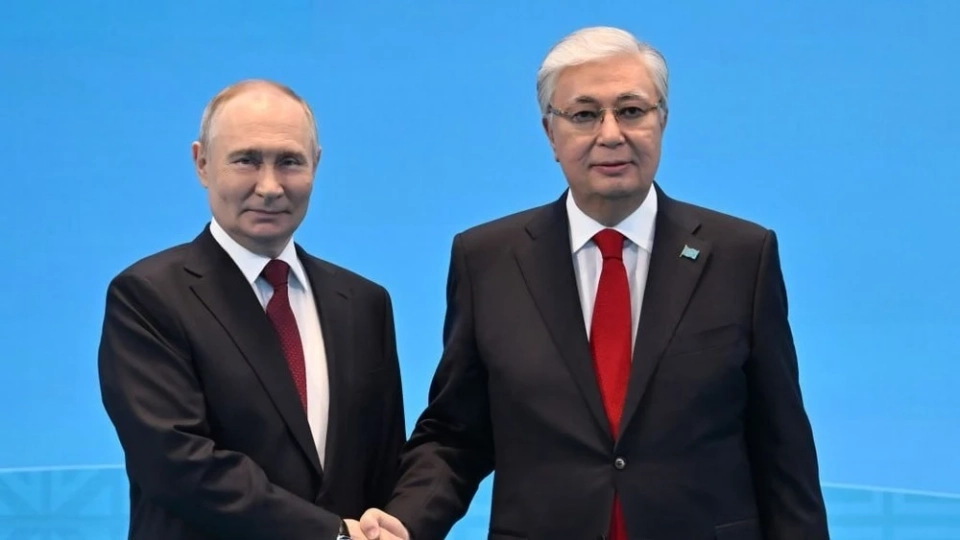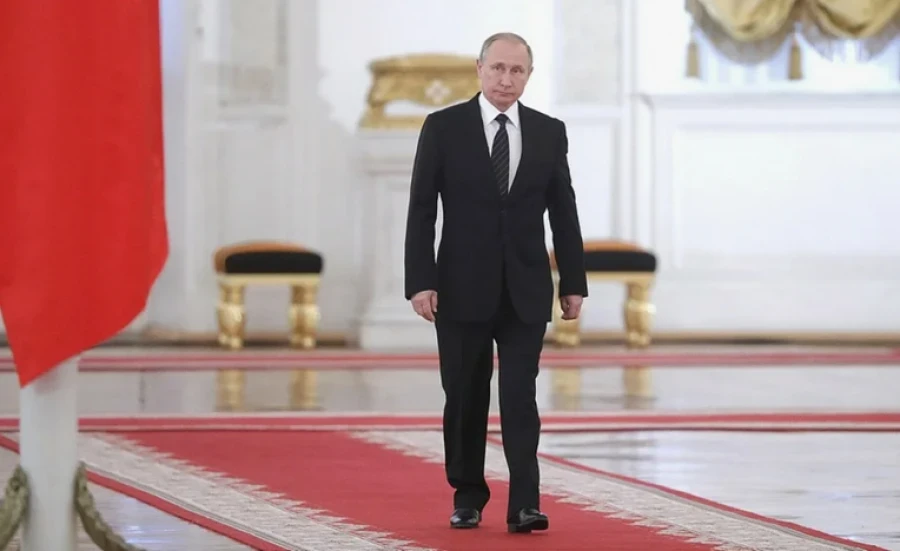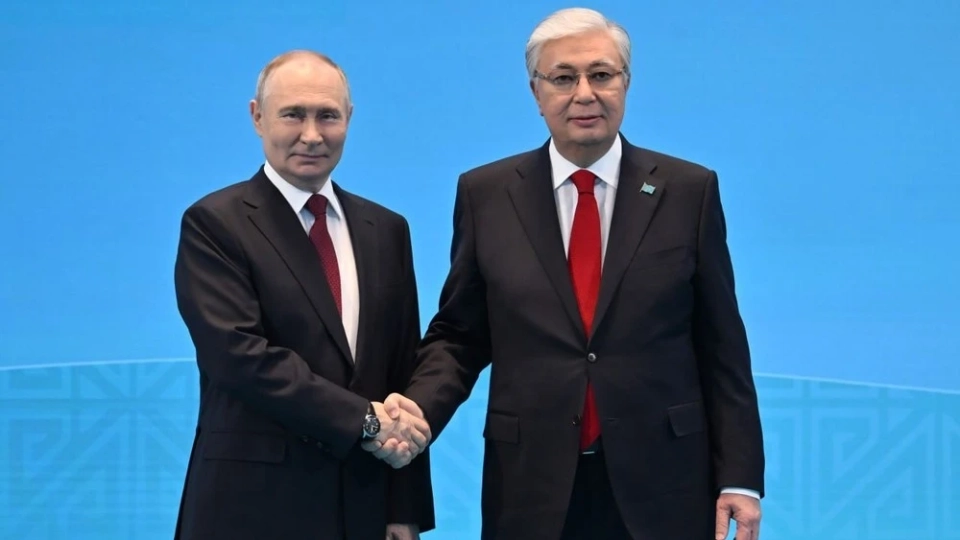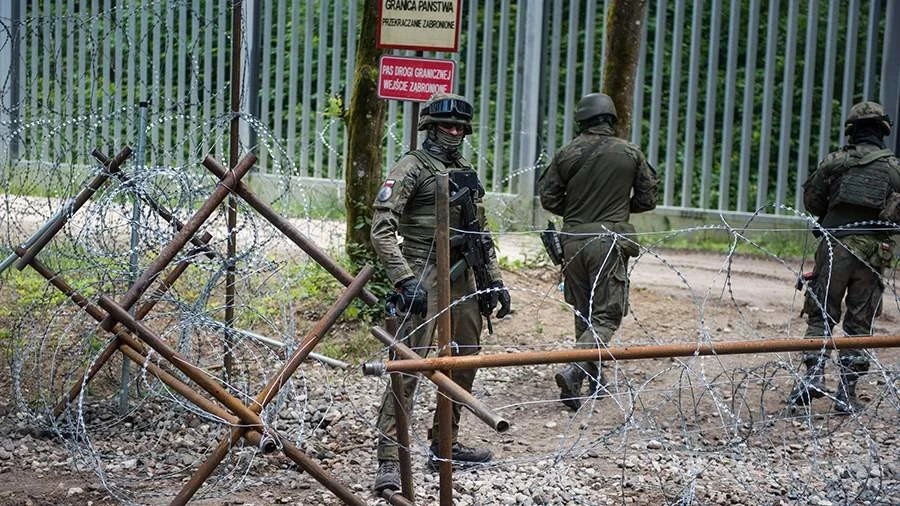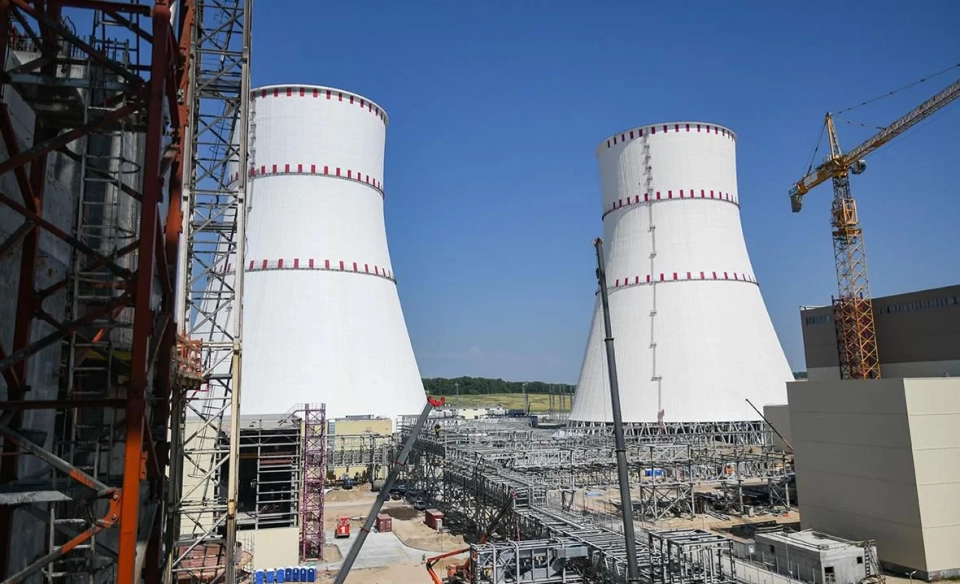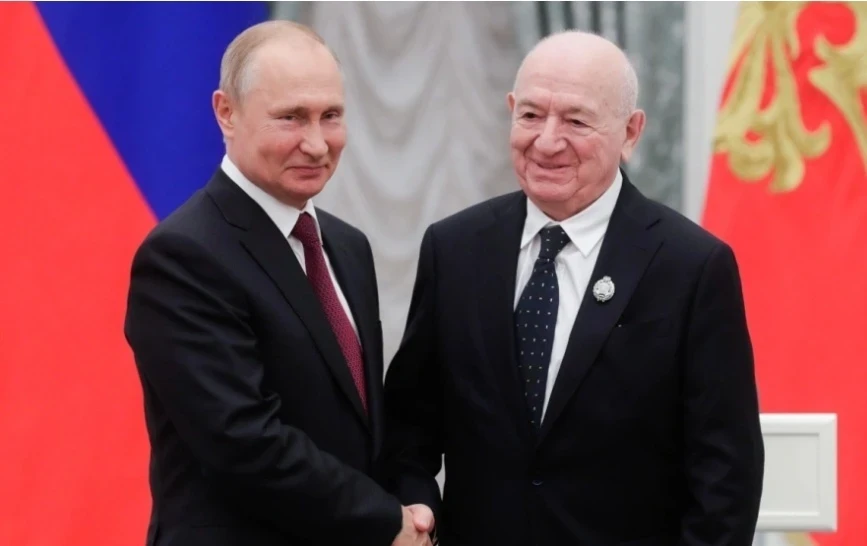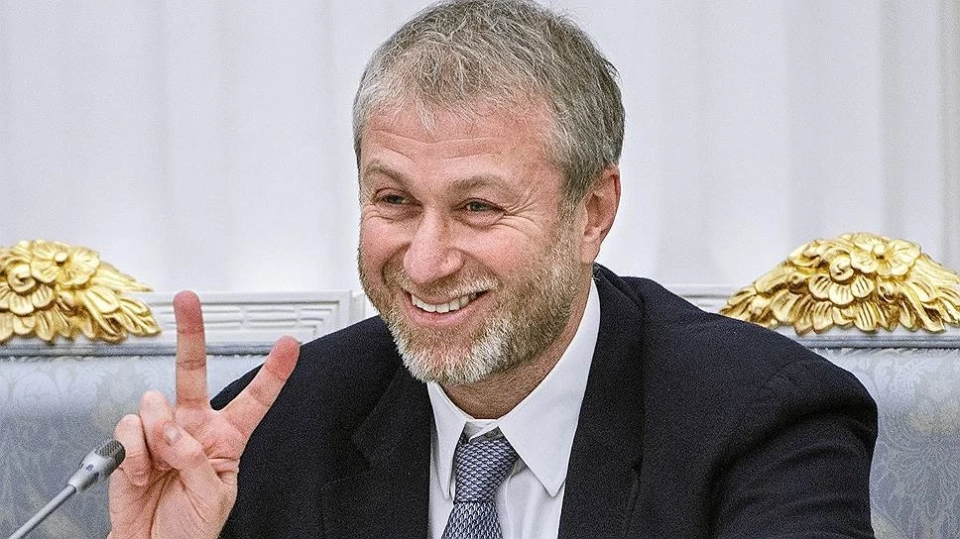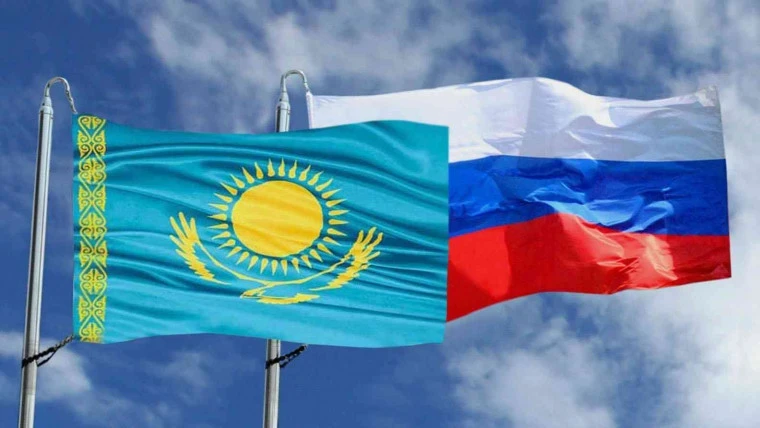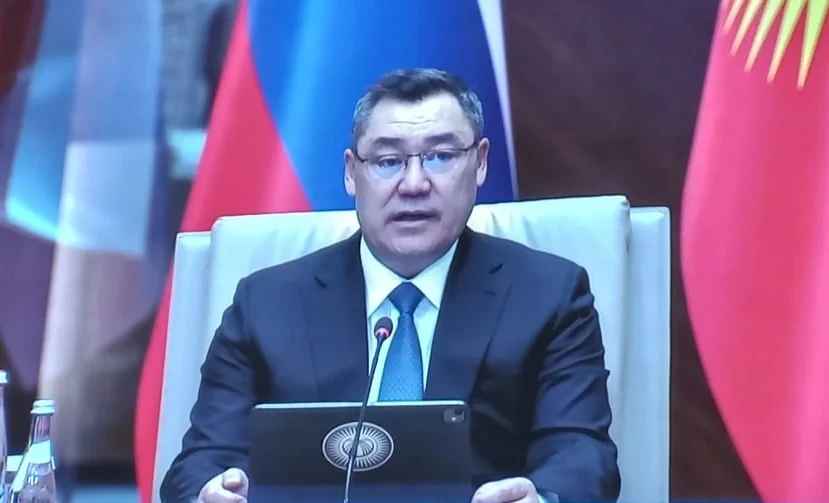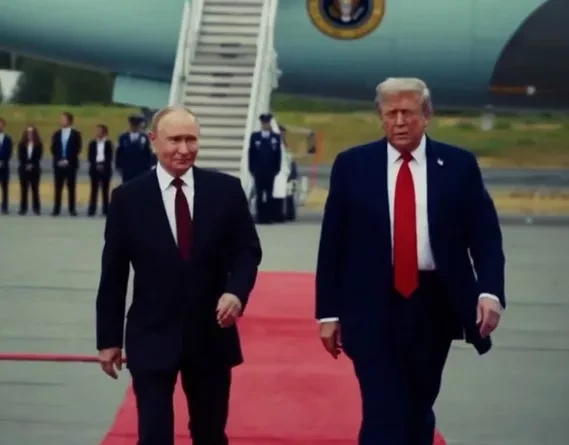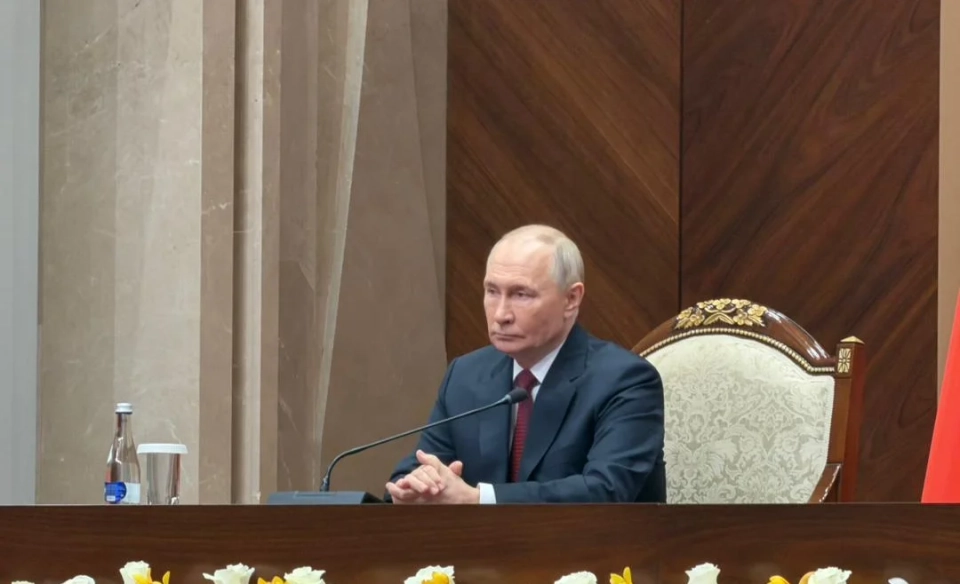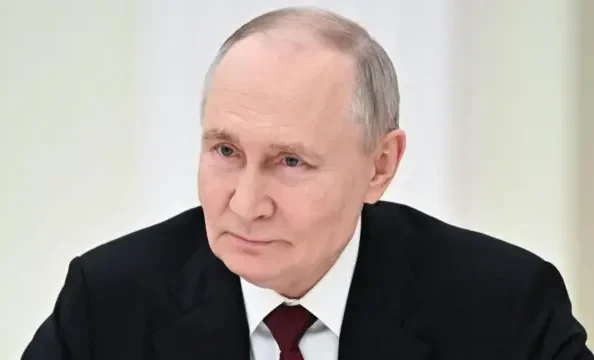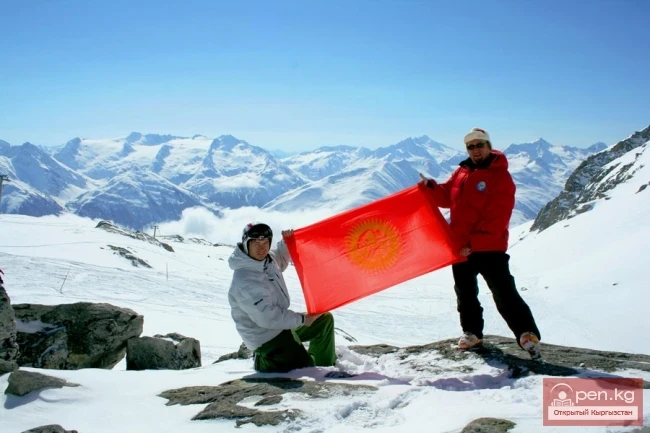
During his speech, Putin noted that delays at the border arose due to selective checks of cargo transport initiated by the customs services of Russia in accordance with the decisions of the Eurasian Economic Union.
“It turned out that many trucks, as you pointed out, cross the border without the necessary documents,” he explained.
The president emphasized the importance of having all agreed documents for each truck. “Documents are needed that confirm the contents of the truck and indicate the recipient of the goods,” he added. “These documents must contain information about the customs value and duties that need to be paid when crossing the border. When inspections began on the roads, it became clear that many cargoes were passing without any documents. This leads to Russia losing significant amounts, tens of billions of rubles, in the budget,” concluded Putin.
In addition, he reported on his negotiations with Kazakh President Kassym-Jomart Tokayev. As a result of the discussions, the parties decided to expedite the transportation process: the customs services of both countries agreed on a mechanism for indicating the value of the cargo and information about the recipients.
“We agreed to do everything possible to ensure that trucks delayed at the border begin moving towards Russia. The customs authorities have agreed on the procedure by which the value of the goods will be declared and the final recipients indicated. We will gradually let these trucks through and eliminate the queues,” Putin assured.
It is expected that the problem with heavy trucks at the Russian-Kazakh border will be resolved by the end of 2025.
Since September, traffic jams have been observed at the border between Kazakhstan and Russia due to trucks. In response to "grey imports," the Russian side has begun to more thoroughly check trucks and examine their declarations. According to the presidential decree of October 24, Russia plans to create additional capacities for inspecting trucks with imports.
